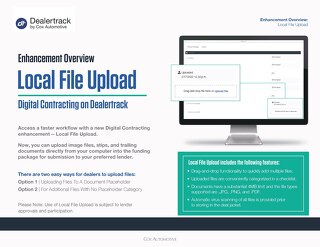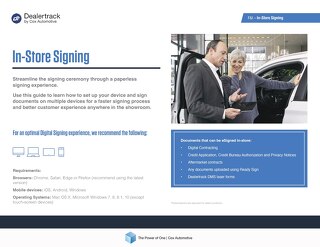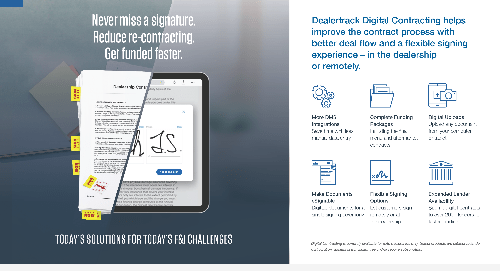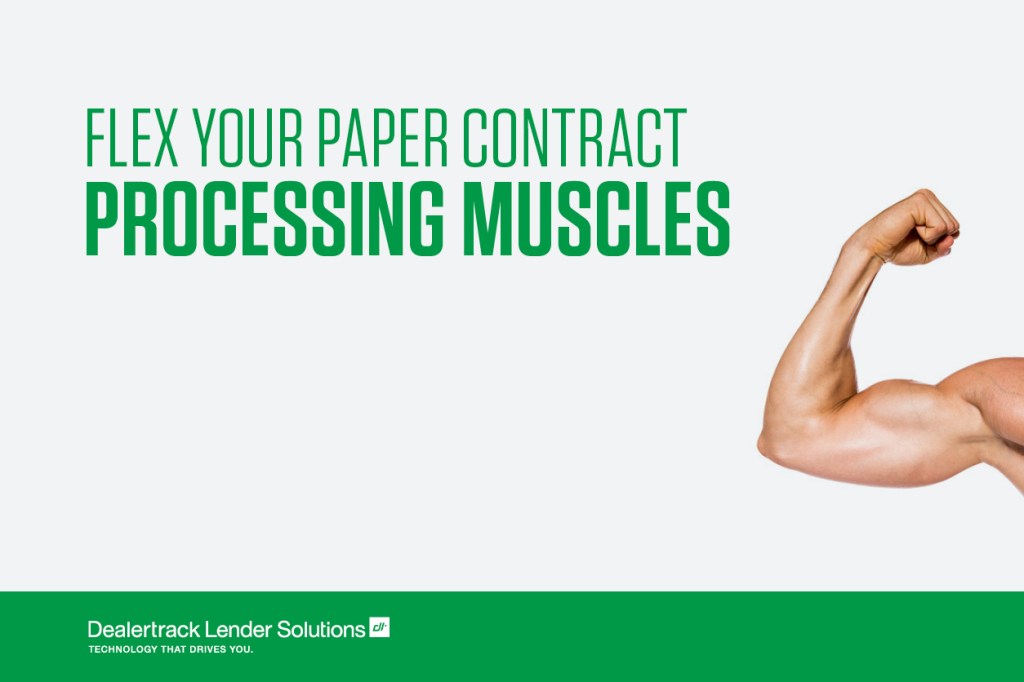We live in a world where purchase transactions keep getting faster and more convenient. Consumers are accustomed to ordering coffee with an app and having it waiting when they arrive, getting next-day or even same-day delivery from Amazon Prime, and pulling up to Target or Walmart to have merchandise they ordered loaded directly into their cars.
When these same consumers visit a dealership, they fully expect to discover a technology-enabled sales process that will be an improvement over what they experienced with previous purchases. The good news is that dealers are responding to this expectation, with 69% of franchise dealers adding at least one digital step due to COVID-19 according to the Cox Automotive Digitization of Online Retail Study.
How does that help? The same research uncovered that the number one benefit for car buyers of a digital process is saving time. The average amount of time a customer spends at the dealership has been dropping steadily and they would prefer to spend their time on enjoyable activities like test drives. However, the 2020 Cox Automotive Car Buyer Journey study found that nearly half of their time is spent on negotiations and paperwork, the part of the process they dislike the most.
Despite 92% of car buyers researching their vehicle purchase online, many dealerships still do not offer customers the option to sign their paperwork digitally. So even when a customer has researched and started much of their deal online, most still face an outdated paper and wet signing process before they can take delivery of their vehicle.
The pile of paperwork comes out near the end of their purchase process, which risks lowering CSI scores when the lengthy contract review and signing process takes the customer’s positive car buying experience and adds frustration.
One of the drawbacks of the paperwork stage is that it’s where any inefficiencies in the process start to snowball. If a dealership has unconnected systems that force re-entry of customer data, it’s way too easy to introduce errors and create a contract that the lender may not be able to process on first submission. If that happens, it can delay the transaction and inconvenience the customer even further.
Using a combination of desktop and mobile technology to take paper out of the sales process can make a significant difference to the customer experience. Just starting with digital review and signing of contracts can make a significant difference in the customer expereince. eContracting helps eliminate those intimidating stacks of contracts and replace them with convenient review and sign-and-tap functionality. Additional digital solutions including mobile data collection and menu technology to present aftermarket products can provide a more customer-friendly approach overall.
The digital deal addresses many of the frustrations car buyers have with the car buying process. And it’s better for dealerships as well. In fact, 77% of franchise dealers that have enabled digital contract review and signing are more satisfied with their overall digital retailing experience.










